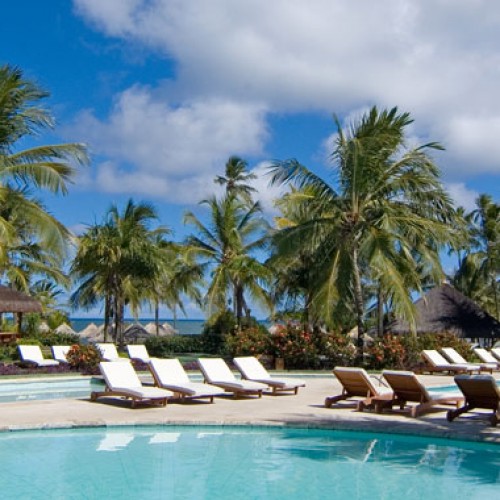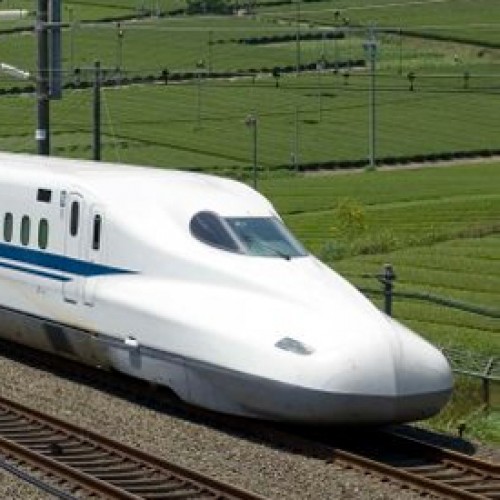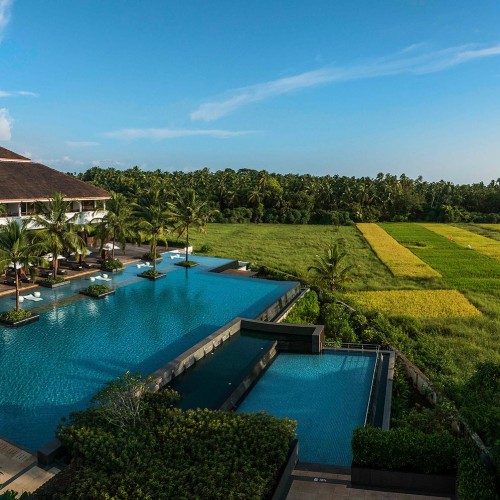IATA urges government to defer hike in airport charges
Rise in airport charges should have been implemented after consultations with all stakeholders as is done under international regulations, says IATA.
International airline lobbying group International Air Transport Association (IATA) has asked government to defer hike in airport charges by as much as 10%. The group, which represents 80% of all air traffic and counts Air India Ltd and Jet Airways (India) Ltd as its members, said rise in charges should have been implemented after consultations with all stakeholders as is done under international regulations.
“As you would be well aware, Airport and ANS (Air Navigation Services) charges must be in line with the ICAO (International Civil Aviation Organisation) tenets of User-Consultation, Cost-Relatedness, Transparency and Non Discrimination. These core principles have been missing from the recent all round airport and ANS charges increases in India,” Blair Cowles, regional director, safety and flight operations, Iata, Asia-Pacific, wrote to civil aviation secretary R. N. Choubey on 9 December.
The letter was made public by IATA on Thursday.
Mint first reported on 2 December that airfares may soon go up as the aviation ministry has decided to increase airport charges by about 10% across the country. The new charges, which kicked in from December, are over and above the Rs 8,500 cess per flight slapped on most domestic flights to fund civil aviation ministry’s ambitious regional connectivity scheme Udan.
The charges will apply to all aircraft in the country, besides airlines. They include route navigation, landing and parking charges. Foreign airlines will also have to shell out more money for flying over India. Because of its geographic location, India gets a substantial amount of revenue in overflying rights and in foreign currency. All flights going from south-east Asia to the Middle East and Europe and back typically overfly India.
Airport charges make for about 7-10% of an airline’s costs, which could mean an increase of about 1-1.5% in airline costs due to the latest charges. IATA said the value of aviation for India till 2014 was $72 billion per year, or 3.4% of GDP. This is in addition to the 8 million jobs from the direct, indirect and induced benefits of tourism spending, infrastructure investment and trade.
“Increases in charges without proper consultation has the potential to rapidly erode competitive advantage and potentially jeopardize the growth prospect of the tourism industry and the wider economy of India,” IATA said in its letter.
The group said there should be at least a four month consultation window and notice of revision should be given to airlines and their representative organizations. It asked the ministry that charges be “deferred indefinitely”. A civil aviation ministry official disagreed with the observation. This official, who did not speak on record, said in one decade charges have been increased only marginally “once or twice”. The charges are used to fund air navigation services like installing hi-tech radars and equipments which ultimately help bring more productivity to airline operations and save costs in the end.
“People should investigate and see context before jumping to conclusions,” he said.
News Source: www.livemint.com
You might also like
Minor Hotel Group completes largest-ever hospitality deal in Portugal with acquisition of Tivoli Hotels & Resorts
Minor Hotel Group (MHG) has completed the final stage of its acquisition of Tivoli Hotels & Resorts, a well-known Portugal-based brand with 14 properties across Portugal and Brazil. The group
Japan pips China in race to build India’s first bullet train
China today played down Japan winning the contract to build India’s first bullet train project. China today played down arch rival Japan winning the contract to build India’s first bullet
Alila Diwa Goa takes eco-friendly measures to reduce carbon footprint
Alila Hotels & Resorts creates experiences for intimate cultural interactions for guests with the people, cultures and natural beauty of each destination, at the same time, show dedication to being








